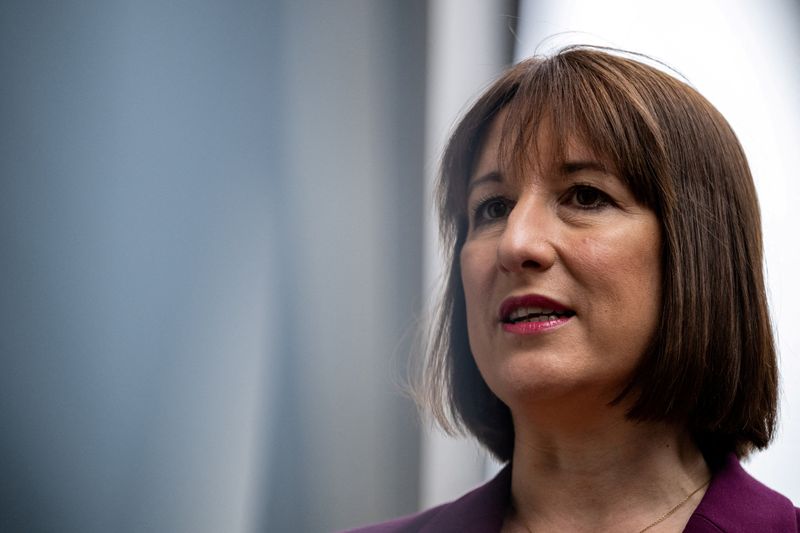One & One Green Technologies stock soars 100% after IPO debut
Investing.com -- The UK’s public finances posted a smaller-than-expected surplus in January, posing a challenge for Chancellor Rachel Reeves as she works to keep her Budget plans on course and boost economic growth.
According to the Office for National Statistics (ONS), the public sector recorded a £15.4bn surplus last month—£0.8bn higher than a year earlier and the largest January surplus since 1993—driven by record receipts from income and capital gains taxes.
However, the figure fell short of the £20bn surplus the Office for Budget Responsibility had projected in its October Budget forecasts.
January typically sees a public finance surplus as annual tax payments come due, but revenue from income tax and capital gains tax was lower than expected.
For the first 10 months of the financial year, cumulative borrowing reached £118.2bn, making it the fourth-highest total on record and significantly exceeding the OBR’s forecast of £105.4bn.
The rise in the year-to-date total was driven by revised figures, including higher past debt interest payments, lower corporation tax revenue, and a smaller-than-expected January surplus, according to the ONS.
The figures come as Reeves navigates efforts to stimulate economic growth while adhering to fiscal rules requiring that day-to-day government spending, excluding investment, be covered by tax revenue.
Sluggish economic performance has complicated her plans, with stagnant growth threatening to erode the £9.9bn buffer she outlined in October.
Further fiscal pressures loom as the government faces growing calls to boost defence spending, particularly in response to demands from former US President Donald Trump.
“While January’s disappointing public finances figures may not be as bad as they first appear, they continue the run of bad news for the Chancellor in 2025 and underline the difficult choices she faces,” said Alex Kerr, an economist at Capital Economics.
“While there is increasing pressure on the government to commit to higher defence spending, the OBR is likely to conclude that the Chancellor’s headroom against her fiscal rules has been wiped out and she will probably need to tighten fiscal policy as a result,” he added.
